Attachment & Emotional Regulation Techniques for Kids – KATHEE CAMMISA (Digital Seminar)
Description:
Frustratingly, therapy and educational goals are often derailed by children becoming instantaneously dysregulated in emotion, thought and behavior.
While it only takes a few seconds for a child to throw a blood-curdling tantrum it can take 45 minutes to deescalate – by then your time together is almost up.
Now imagine a reserve of practical strategies to deal with difficult behaviors in children. Interventions that will quickly empower children to make good choices, think before they act and choose their best behavior, most of the time.
Join Kathryne Cammisa, MHE, OTR/L, in this recording and learn effective strategies to teach children crucial self-regulation skills that will help them to:
- resist highly emotional reactions to upsetting stimuli
- calm themselves down when they are upset, and
- consciously adjust to changing expectations and frustrations without a tantrum or outburst.
You will walk away with techniques such as relaxation, mindfulness, social stories, video modeling, visualization, and affirmations for children of a variety of ages and abilities, including Sensory Processing Disorders, Autism Spectrum Disorder, learning disabilities, behavioral or emotional deficits, and other special needs.
Learn strategies that are necessary for children to sustain self-regulation so that they can become more independent and successful in all areas of their lives!
Outline:The Neurobiology of Attachment to Empower Interventions
- Neurological basis of attachment and emotional regulation
- How relationships can reshape our brains
- Mirror neurons, empathy and connecting with others
- Oxytocin and the individual self
- How attachment style impacts your client’s relationships
- Attachment and attunement in the therapeutic relationship
Impact of Anxiety and Stress on Self-Regulation
- Stress response patterns as survival strategies
- Nervous system implications – Fight, Flight, Fright, Freeze to Rest and Digest
- Impact of stress on mental and physical functioning
- Anxiety and brain research
- Quick stress busters
Support Strategies to Sustain Self-Regulation
- By age/developmental level including infants and low level functioning kids
- Routines for regulation
- Responsive, predictable care for teaching emotional intelligence
- Imitation strategies for engagement and communication
- Self-soothing strategies for independence
- Language for positive results
- Environments to support cognitive and language development
- Responsive guidance techniques to support self-control
- Play to stimulate development of regulatory skills
- Scaffolding to expand and develop social skills
Calm the Nervous System
- Techniques for little ones and older children
- Quick relaxation breaks, alternate muscle contraction and social rituals
- Progressive muscle relaxation, guided relaxation, sweeping breath
- Stress reduction lab: Breath work
Empower and Motivate Kids to be Emotional Independent
- Creative interventions that positively change behavior
- Mindfulness
- Social stories
- Video modeling
- Visualization
- Affirmations
- Build confidence
- Develop autonomy and intrinsic motivation
Address Tantrums & Other Difficult Behaviors that Impede Outcomes
- Strategies and techniques to minimize
- Elimination problems
- Sleep problems
- Eating problems
- Transition problems
- Sensory problems
Apply Behavior Modification Techniques and Interventions
- Positive discipline techniques: Case example
- Alternatives to punishment: Case example
- Gradual exposure to broaden tolerance: Case example
- Self-management to empower kids: Case example
Self-Regulation Problem Solving Lab
- Case study analyzation: Linking what we’ve learned to symptomology
- Aligning symptoms and characteristics with appropriate interventions
- Therapeutic use of self with difficult kids
NLP online course
So what is NLP?
Firstly, NLP stands for Neuro-Linguistic Programming. Secondly neuro refers to your neurology;
Thirdly linguistic refers to language however, programming refers to how that neural language functions.
As a result,In other words, learning NLP is like learning the language of your own mind!
Moreover, NLP is the study of excellent communication–both with yourself, and with others.
It was developed by modeling excellent communicators and therapists who got results with their clients.
NLP is a set of tools and techniques, but it is so much more than that.
In conclusion, It is an attitude and a methodology of knowing how to achieve your goals and get results.
Preview Information:
Original Page
Archive Page
More Course: NLP – HYPNOSIS – PHILOSOPHY
Outstanding Course:EMDR in Trying Times: How Our Brains


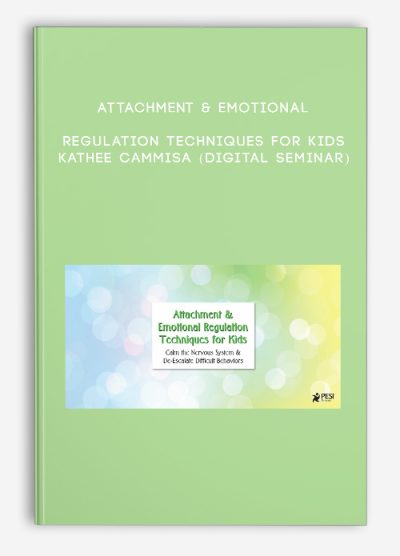
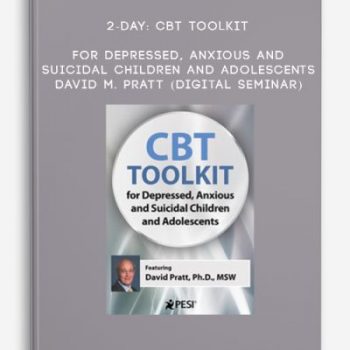

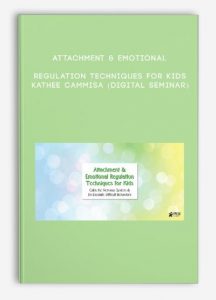

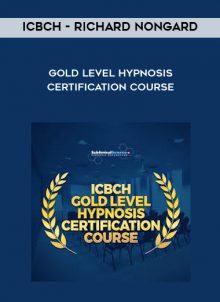

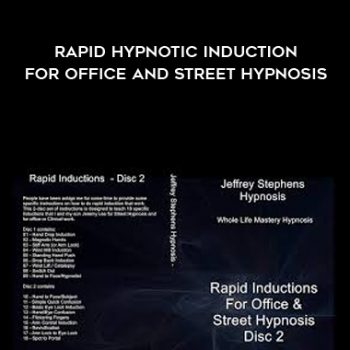




Lord –
This is Digital Download service, the course is available at Vincourse.com and Email download delivery.